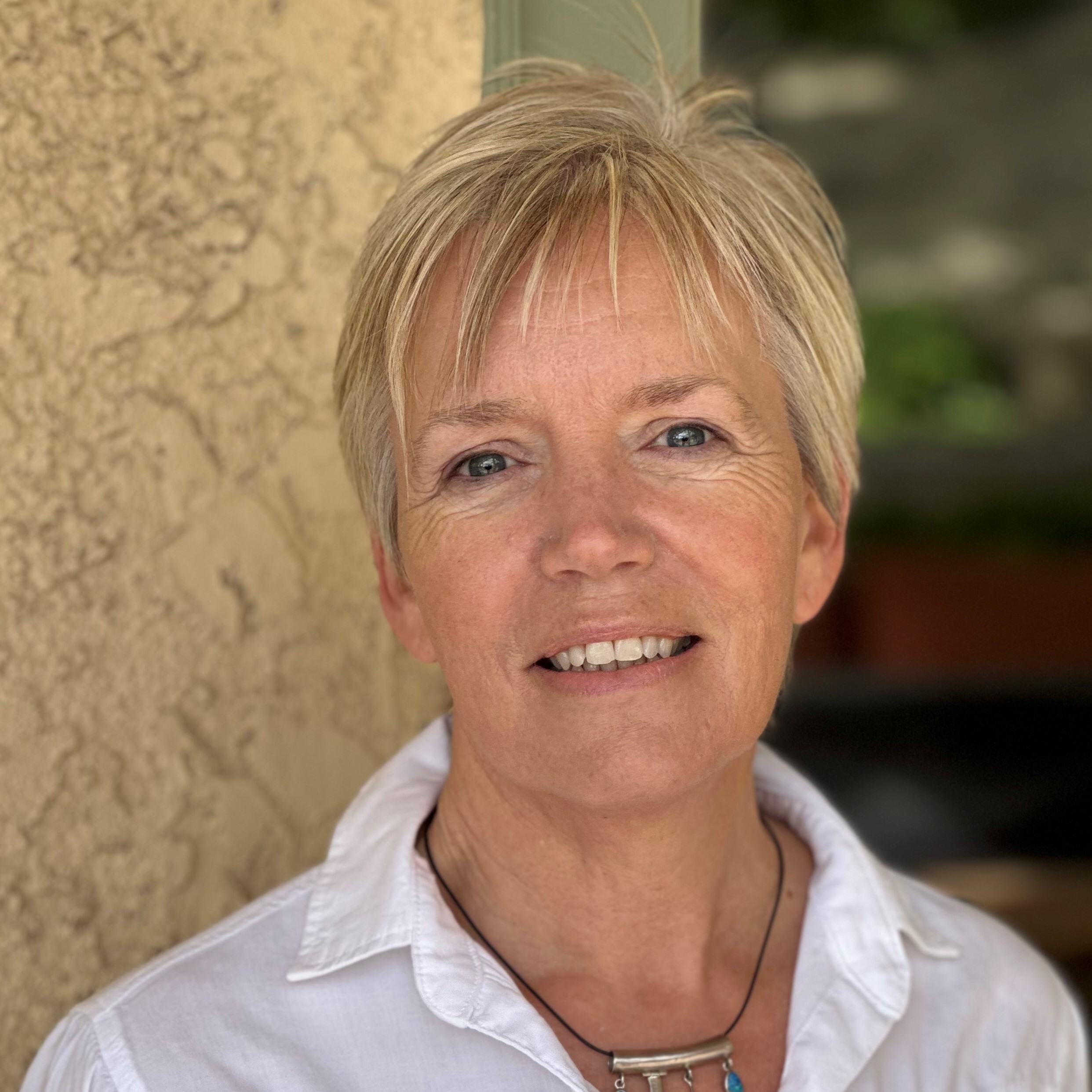
Madeleine Keehner, PhD
Principal Scientist and Chief Consultant, Brighter Research
Madeleine Keehner is a research consultant with expertise in
cognitive psychology, learning science, and assessment science. She has a Ph.D.
in Experimental Cognitive Psychology from the University of Bristol, UK, with a
focus on visual-spatial working memory and higher-order reasoning and
information processing. She held postdoctoral positions in the Dept. of
Surgery, University of California San Francisco, and the Dept. of Psychology, University
of California Santa Barbara, where she studied mental spatial reasoning in
surgery, medicine, dentistry, and medical education. In her previous role as
Director of Cognitive and Learning Sciences at Educational Testing Service, she
led research projects on a range of topics in learning and assessment,
including creating frameworks for assessment, validating measurement constructs,
designing interactive simulations for learning, designing digital assessment
items, and drawing valid inferences from log data. In her current role as a
research consultant, she works with companies in the technology space,
including medical XR, applying a wide array of methods to address client research
questions about user experience, user expectations, cognitive processes, human
factors, performance, validity, learning, and assessment. Her mixed-methods research
includes empirical lab-based studies, ethnographic and field studies, quantitative
surveys, and in-depth qualitative interviews. Her consulting expertise spans cognitive
and learning processes in medicine, human factors, education and learning
science, validity, assessment, and measurement science. She has more than 40 peer-reviewed
publications and conference presentations spanning topics such as laparoscopic
surgery (effects of spatial reasoning ability on performance; individual
differences in learning curves for laparoscopic skills in desktop VR; effects
of task difficulty on performance; integration of visual and haptic information);
cardiac surgical skills (measures of spatial reasoning as predictors of simulated
needle placement); dentistry (individual differences in reasoning about
internal shapes and structures; interpretation of cross-sections; effects of
anatomy knowledge/mental models on spatial reasoning); education and assessment
(developing cognitive models of target constructs to support valid measurement;
design of simulations, assessment tasks, evidence models, scoring models,
assessment frameworks and reporting structures for learning and measurement of
skills and knowledge).




